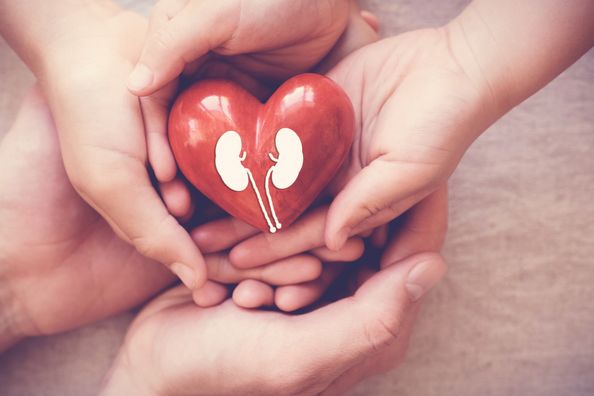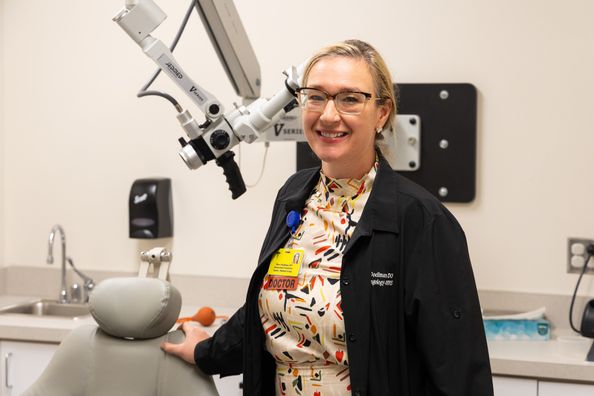With March being National Kidney Month, now is the perfect time to give your kidneys some love and attention. One of the best ways to do this is through proper nutrition. Angie Zanger-Geiselman is the Dialysis Coordinator at Quincy Medical Group (QMG) and a Registered Dietitian specializing in renal health.
Chronic kidney disease (CKD) affects an estimated 37 million Americans, amounting to 1 in 7 U.S. adults, and is most common in people over age 65. CKD causes damage to the kidneys and limits their ability to filter blood, which can lead to kidney failure and may necessitate a transplant or dialysis. Since people with early-stage kidney disease usually do not experience symptoms, 9 in 10 adults living with CKD remain unaware they have the disease.
She has the following tips for you to maintain your kidney health.
Work with a Renal Dietitian.
Whether you are in the earlier stages of kidney disease or on dialysis, you will most likely partner with a renal dietitian, like me. Renal dietitians are experts in diet and nutrition specifically for people with kidney disease. There is a lot of information out there about what food is good and bad for your kidneys. Working with a renal dietitian, you will develop a personalized plan for you to help you be as healthy as possible.
Eat Fruits and Vegetables.
One important way to care for your kidneys is to eat more fruits and veggies. I recommend 2 – 3 servings of fruit and at least 3 servings of vegetables each day. They’re full of fiber, vitamins, and minerals. Studies show with that a low intake of fruits and vegetables increases the risk of developing kidney failure.
There’s no “I” in team.
Your health is an ongoing pursuit. Managing CKD is a life-long journey. Along the way, you will have a team to help you be healthy and happy. To live your best quality of life, it’s important that you be an active member of your team. This includes knowing and understanding your labs and medication; partnering with your physician on your treatment and discussing your health goals; asking for additional help, if needed, from other healthcare partners, including a dietitian or social worker; and asking questions to ensure you understand your diagnosis and treatment plan.
Get moving.
Exercise is an important part of your health journey. Regular activity not only helps your physical health but your mental health too. The Kidney Disease Improving Global Outcomes (KDIGO) guidelines recommend that people with CKD undertake physical activity compatible with cardiovascular health and tolerance and aim for at least 30 minutes 5 times per week. Movement matters for several aspects of your health and can lead to lower blood pressure, better blood sugar management, a decrease in cardiovascular risk, improved balance and strength, and improved well-being and mental health.
Mindset matters.
A diagnosis of chronic kidney disease can be difficult to come to terms with, but it’s a challenge you don’t have to face alone. Our team at QMG is here to support you. You will face both ups and downs, but your mindset plays a vital role in your health. Your health is a journey. Celebrate the wins and the progress you make with your health.
For more information on our Nephrology team and services, visit quincymedgroup.com.
Health Topics:







